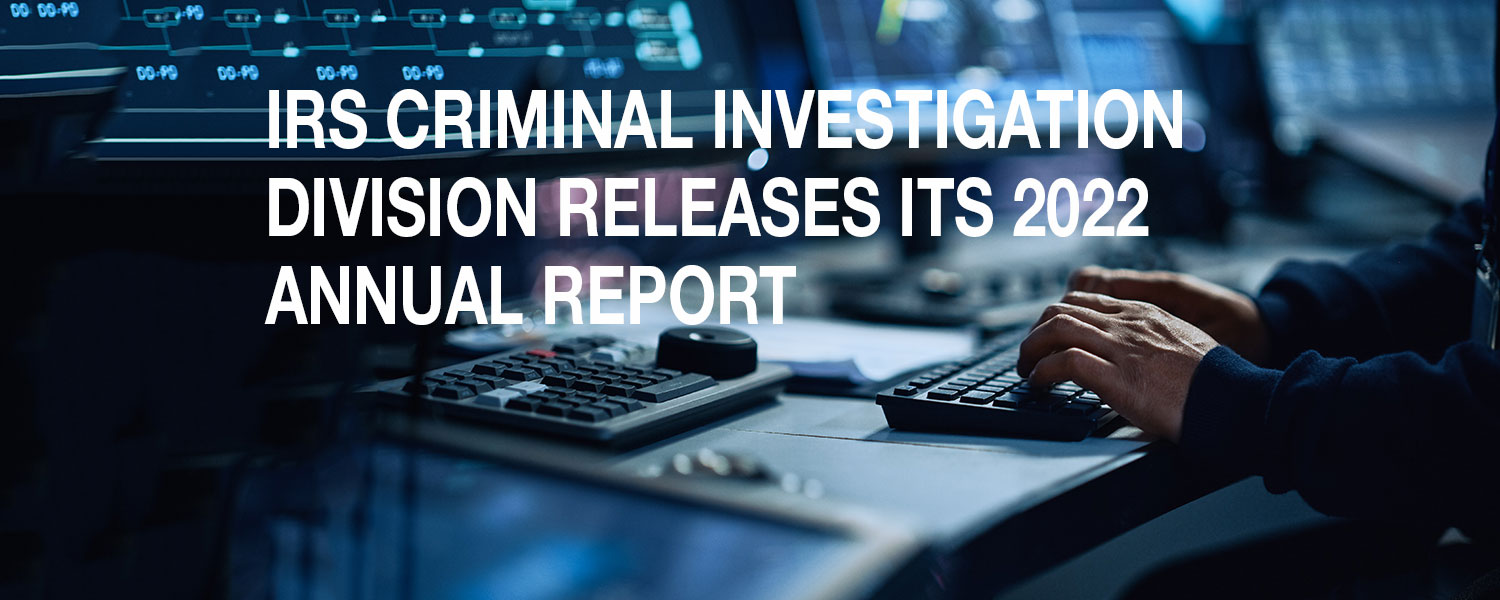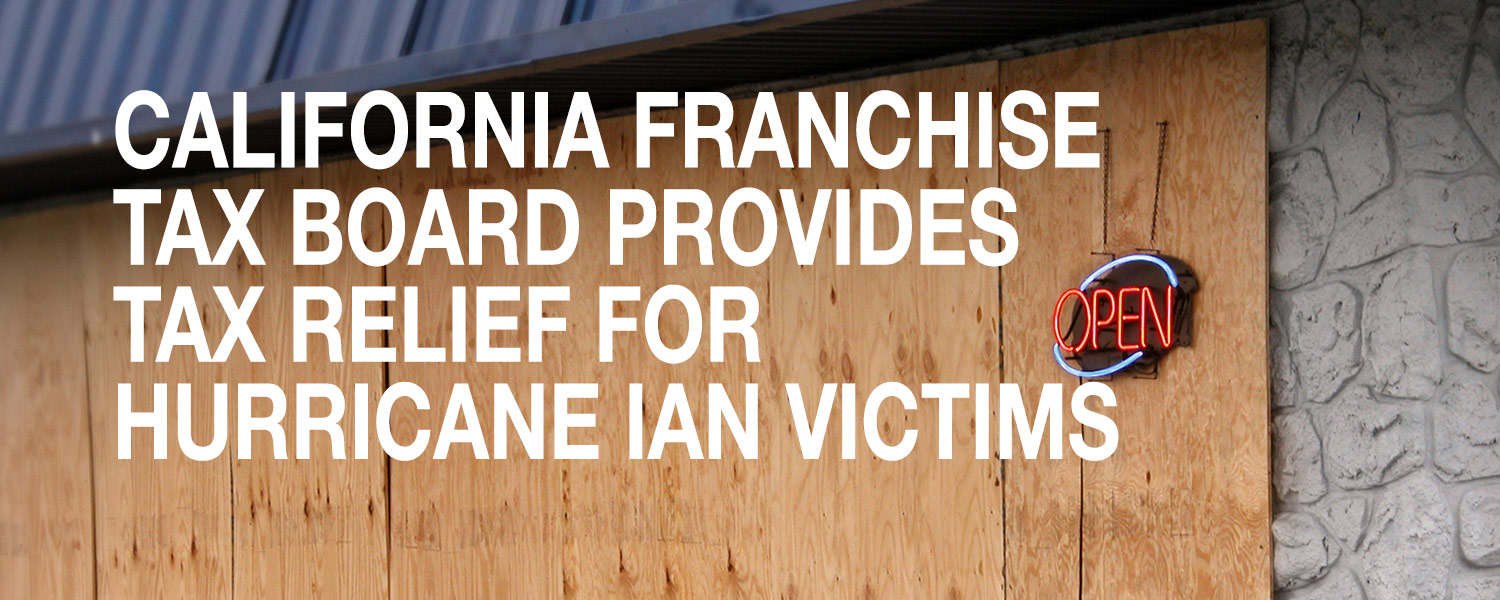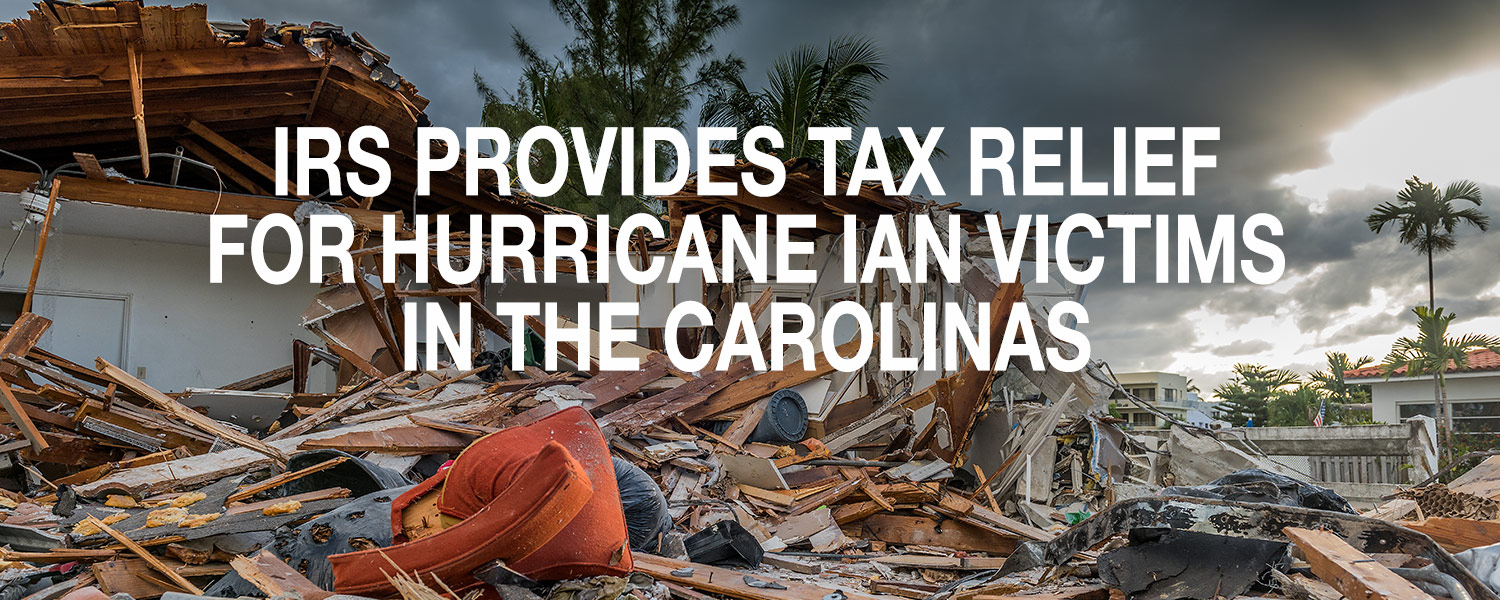California Continues Applying Pressure On Delinquent Taxpayers To Pay
Like the Federal government, State governments also enforce collection of taxes. California is unique in the structure of its tax system. Most States operate under a single tax agency. The Federal government uses a single tax agency called the IRS. But California has three tax agencies! They are the Franchise Tax Board (“FTB”), California Department Of Tax And Fee Administration (“CDTFA”) and the Employment Development Department (“EDD”).
What does FTB cover?
The FTB administers the income tax. This tax applies not only to individuals, but also to sole proprietorships, partnerships, estates, and trusts. In addition, the income “passed through” to individuals by Subchapter S corporations and certain other entities is subject to State Personal Income Taxation. The tax is applied to all sources of income unless specifically excluded, including wages and salaries, interest, dividends, business-related income, and capital gains.
What does CDTFA cover?
The CDTFA administers the Sales and Use Tax. The tax in a specific California location has three parts: the state tax rate, the local tax rate and any district tax rate that may be in effect. Sales and Use Tax is the second largest source of tax revenue in California and is assessed at both the state and local levels. CDTFA also collects other taxes and fees, most notably the State’s Cannabis Excise Tax (15% tax rate).
What does EDD cover?
EDD involves payroll taxes which includes all employer paid taxes, State Income Tax Withholding of employees, State Disability Insurance (“SDI”) Taxes and Unemployment Insurance (“UI”) Taxes.
The FTB can go way beyond liens and levies to enforce collection and put pressure on taxpayers.
Top 500 Delinquent Taxpayers List
The FTB publishes Top 500 Delinquent Taxpayers (one list for personal and one for corporate) twice a year in April and October. The FTB is required by law to post this information at least twice annually. California Revenue & Taxation Code § 19195. Since the list’s inception in October 2007, FTB has collected more than $1 billion from delinquent taxpayers through the program.
The FTB will notify each taxpayer by certified mail 30 days before they post their information.
- As cases are resolved, those taxpayers are removed from the list, reducing the total number of listings from the original 500.
- Your occupational and professional licenses, including your driver’s license may be suspended under Business and Professions Code §494.5.
- State agencies will not enter into contracts for the acquisition of goods and services with you under Public Contract Code §10295.4.
If you or your business is on this list, the FTB will mail you or your business a letter at least 30 days before placing you or your business on the list (Notice of Tax Delinquencies – FTB 4192). This letter gives you or your business at least 30 days to reach a resolution of the tax debt (including establishing a payment plan) to avoid being placed on this list.
Suspension Or Denial Of Licenses
If you or your business is on the list, some state-issued licenses may be suspended. Common licenses that may be suspended include:
- Driver license
- Real estate
- Medical, dental, nursing
- Insurance
- Cosmetology
- Contractor’s license
Use Of Your Goods Or Services Are No Longer Contracted
State agencies will not enter into contracts with a contractor on the list to acquire goods or services. Other persons and businesses may use this list to make sure they do not work with people or businesses who are on the list.
Suspension Of Good Standing With California Secretary Of State (“SOS”)
When your business has been suspended or forfeited, it is not in good standing and loses its rights, powers, and privileges to do business in California.
To revive your business and be in good standing, you must:
- File all past due tax returns
- Pay all past due tax balances
- File a revivor request form
Generally, businesses are suspended when they fail to file a tax return or pay any tax account balance.
Business entities registered with the SOS must file and pay at least $800.00 franchise or annual tax from their registration date to current, regardless of business activity.
Getting Off FTB’s List
FTB has a process established by which you or your business is eligible to be removed from the list. If successful, FTB has 5 business days to remove your or your business’s name from the list. FTB will also request other State agencies to restore any suspended licenses. The licensing agencies have 5 business days from receipt of FTB’s request to restore licenses.
The CDTFA can go way beyond liens and levies to enforce collection and put pressure on taxpayers.
The CDTFA has a similar list of the state’s top sales and use tax debtors, which is updated quarterly.
The CDFTA will revoke your seller’s permit. If your seller’s permit is revoked, you cannot sell your goods. Also, as a corporate director, officer, member, manager, or other person having control or supervision of the filing of returns or payments of taxes, you may become personally liable for any unpaid sales and use taxes, interest, and penalties. Such personal liability for any unpaid taxes and interest and penalties on those taxes is triggered upon termination, dissolution, or abandonment of a corporate business or limited liability company, any officer, member, manager, or other person having control or supervision of, or who is charged with the responsibility for the filing of returns or the payment of tax, or who is under a duty to act for the corporation or limited liability company in complying with any requirement of this part. Section 6829 of the Revenue and Taxation Code.
EDD Collection Action Exposure
The IRS has the Trust Fund Recovery Penalty (also known as the 100-percent penalty). The EDD has something similar referred to as “CUIC 1735”. But CUIC goes way beyond the IRS’ version. Not only does the EDD assert a full 100-percent exposure of the employees tax withholdings AND the employer’s share of payroll taxes to targeted responsible individuals but also a 10% nonabatable assessment penalty (it should be noted that the IRS version is limited only to the employee’s share of FICA and withheld federal income taxes, roughly 60% of the corporate employer’s overall liability). The two key elements of CUIC 1735 are responsibility and willfulness. The EDD must have both elements before they can make the 100% assessment stick. Any officer, major stockholder, or other person in charge of the affairs of the business can be held responsible. Before the assessment can become final, the targeted responsible person must be given notice, an opportunity for an administrative hearing, and an appeal. If the targeted individual loses his or her administrative hearing and appeal, and does not pay within 10 days after assessment, her or she will be penalized a further 10% pursuant to CUIC 1135.
Don’t Take The Chance And Lose Everything You Have Worked For.
Protect yourself. Federal and State Tax problems are usually a serious matter and must be handled appropriately so it’s important to that you’ve hired the best lawyer for your particular situation. The tax attorneys at the Law Offices Of Jeffrey B. Kahn, P.C. located in Orange County (Irvine), Los Angeles and elsewhere in California are highly skilled in handling tax matters and can effectively represent at all levels with the IRS and State Tax Agencies including criminal tax investigations and attempted prosecutions, undisclosed foreign bank accounts and other foreign assets, and unreported foreign income. Also, if you are involved in cannabis, check out what our cannabis tax attorney can do for you. Additionally, if you are involved in cryptocurrency, check out what a bitcoin tax attorney can do for you.Top of Form










